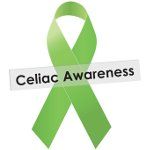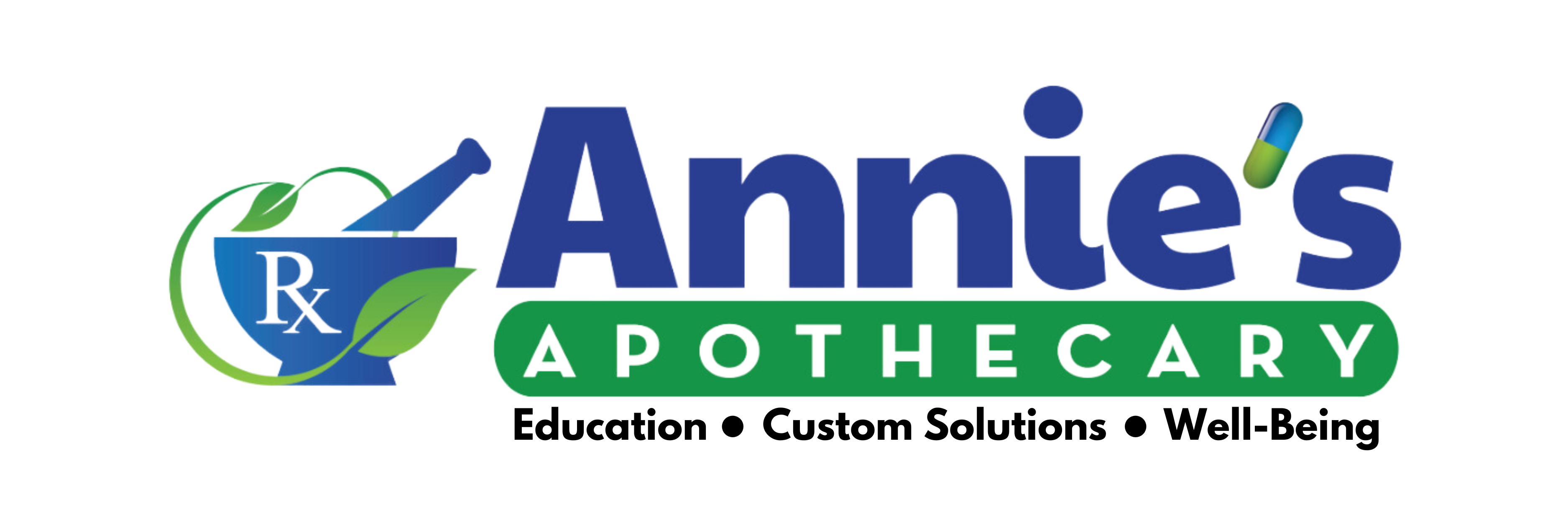September 13 has been dubbed “National Celiac Disease Awareness Day” in honor of the doctor who identified a link between celiac disease and diet. Dr. Samuel Gee, a leader in celiac disease research, was born on Sept. 13, 1839.

National Celiac Disease Awareness Day
Celiac disease is a serious genetic autoimmune disease that damages the villi of the small intestine and interferes with absorption of nutrients from food. Celiac disease is triggered by consumption of the protein called gluten, which is found in wheat, barley and rye.
Gluten-free claims on packaged foods and supplements are regulated by the US Food and Drug Administration (FDA) and standards are in place requiring manufacturers to call out certain common allergens if they are included in a packaged food. Unfortunately, similar laws are not in place for labeling gluten in medications, although a proposed bill was reintroduced to Congress in September 2015. On April 3, 2019, Representative Tim Ryan [D-OH] introduced H.R. 2074, the Gluten in Medicine Disclosure Act of 2019 to the congressional floor. If passed, the bill would amend the Federal Food, Drug, and Cosmetic Act to require gluten be labeled in all medications.
There are risks for the celiac disease community when gluten is left off a medication label:
- • Manufacturers use excipients, which bind pills together and help deliver the medication to the patient. There are several types of excipients, and some of them may contain gluten.
- • Few medications actually contain gluten, but it is important that the ingredients of each medication are explored to find the source of excipients – and to verify the particular drug is gluten-free.
- • The generic form of a medication may use different excipients than the brand name drug. Even if the brand name is determined to be gluten-free, the gluten-free status of each generic must be verified.
Gluten in Medication
Gluten can be used in the excipients of medication. Excipients are the binders that hold medicine together. It is important that people with celiac disease work with their doctor or pharmacist to make sure their medications are gluten-free. The manufacturer should also be able to help you determine if the medication you will be taking is gluten-free or if it is not safe for people with celiac disease.
The Problem with Gluten in Medication
- • There are currently no requirements for labeling gluten or common allergens found in drug ingredients
- • There are no specific precautions for individuals with celiac disease in labeling
- • Potential sources of gluten in medications are not well-recognized by healthcare professionals
- • Generic drugs may use different binders than name brand drugs
Every oral medication must be checked to make sure it is gluten-free, since current labeling regulations do not require gluten to be labeled in medications. It is important to remember that generic and brand name products containing the same active drug may contain different inactive ingredients. The source of these ingredients can be changed at any time without notice from the manufacturer. It also should be verified that the manufacturer has taken proper steps to avoid cross-contact from gluten-containing products
Starches Found in Medications
The following inactive ingredients are considered “red flags,” as they may be sourced from wheat, barley or rye. If you see a red flag ingredient, it means that more information is needed to find out if the drug’s ingredients contain gluten. Some ingredients are more obvious than others.
- • Wheat
- • Modified starch (if source is not specified)
- • Pregelatinized starch (if source is not specified)
- • Pregelatinized modified starch (if source is not specified)
- • Dextrates (if source is not specified)
- • Dextrin (if source is not specified; the source is usually corn or potato which is acceptable)
- • Dextrimaltose (when barley malt is used)
- • Caramel coloring (when barley malt is used)
How to Get Answers
Getting answers about gluten in your medication can be challenging. Your best sources of information are your physician, pharmacist and the drug manufacturer. There are some lists available online, however, it is extremely important that you double check any claims found on the internet with those mentioned above to be sure that your medication is truly gluten-free.
How compounding can help
We have the ability to make customized compounded medications based on the patient's needs, which means we can cater to patients sensitivities. Compounding allows us to make medications without the offending ingredients. If you are on a gluten-free diet we make sure not to use any gluten containing fillers. If you have questions or are looking for a compounded alternative to your current medication contact us.
